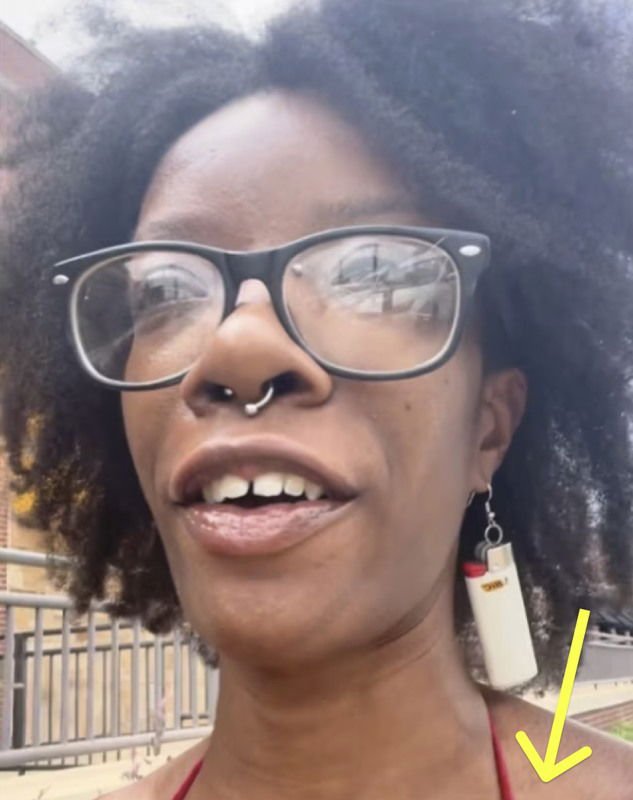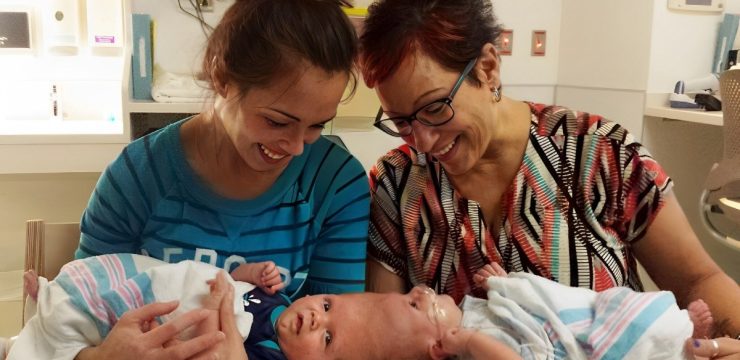Aireal Bonner says she was unfairly kicked out of a family restaurant in Birmingham, Alabama, over what management claimed was an “inappropriate” outfit. But according to Bonner, it wasn’t really about her clothes—it was about her race. The incident took place at Southern Kitchen & Bar in Uptown, a restaurant Bonner says she entered wearing a crocheted top. The restaurant described it as a “bikini top,” which they argued violated their dress code.

Bonner, however, strongly disagrees with their reasoning and believes that how she looked—her Afro-centric appearance—played a much larger role in why she was asked to leave. She described the encounter as being “rudely mistreated” and says she was made to feel unwelcome simply for expressing herself through her clothing and appearance. According to Bonner, the situation escalated when she refused to cover her top with a t-shirt provided by one of the managers. She said she was perfectly comfortable in her outfit and saw no reason to cover up. After she refused the shirt, the restaurant staff told her she would need to leave. A manager even threatened to call the police if she didn’t comply and exit the premises.
Bonner captured parts of the incident on video, later posting it to Facebook to share her side of the story. In the video, she can be heard asking where the restaurant’s dress code was posted. The manager responded by telling her that Southern Kitchen & Bar was a private business and did not have to display the dress code anywhere inside the restaurant. Bonner later posted on Facebook that there had been no customer complaints about her outfit.
She said the confrontation was purely the result of how the owner chose to run his business. “I was threatened with police action simply because I wanted to sit and eat in an outfit that I felt comfortable and happy in,” she wrote in her post. Bonner’s claims didn’t stop there. Speaking to CBS 42, she explained that she doubted her outfit was the actual issue. “My clothing was an excuse to not have me dine there,” she said. Bonner went on to say that she believes the real reason was rooted in how she looked, stating that her Afro-centric hair and fashion choices may have influenced the way the staff treated her.
“They can’t directly say things like, ‘We don’t like the color of your skin, we don’t like the way that your hair looks,’ so my clothing was just used as an excuse,” Bonner said. In response to the backlash that followed Bonner’s video and posts, Southern Kitchen & Bar issued a statement on their Facebook page.
In it, they stated that Bonner’s top was “not consistent with our appropriate attire policy.” The restaurant did, however, admit they should have addressed the issue when Bonner first walked in, rather than after she was seated. “We regret interrupting Ms. Bonner’s dinner and understand that would make anyone feel uncomfortable,” the restaurant said in its statement. They also added they were working to establish stricter protocols to ensure such matters were handled at the door, not after guests had already sat down. “We have done and will continue to do the work to ensure our restaurant is a place where all feel welcome,” they wrote.
Bonner wasn’t satisfied with the apology. She felt the statement focused only on the timing of the confrontation rather than addressing the larger issues she raised. Calling the apology “laughable,” she encouraged her followers to leave negative reviews about the restaurant online. The backlash resulted in Southern Kitchen & Bar’s Yelp page being taken down temporarily due to the flood of critical reviews. Bonner’s experience also caught the attention of Alabama Rally Against Injustice, an activist group that quickly organized a sit-in protest at the restaurant.
The group pointed out that Southern Kitchen & Bar’s own social media pages featured photos of women wearing outfits similar to Bonner’s, none of whom had been publicly reprimanded or asked to leave. The group issued a statement saying that while private businesses have the right to enforce policies, discrimination in any form would not be tolerated. For Bonner, what was supposed to be a casual meal turned into an experience she said left her feeling singled out and disrespected because of her race. The incident reignited conversations about racial profiling and discrimination in private businesses, raising important questions about who feels truly welcome in public spaces.





